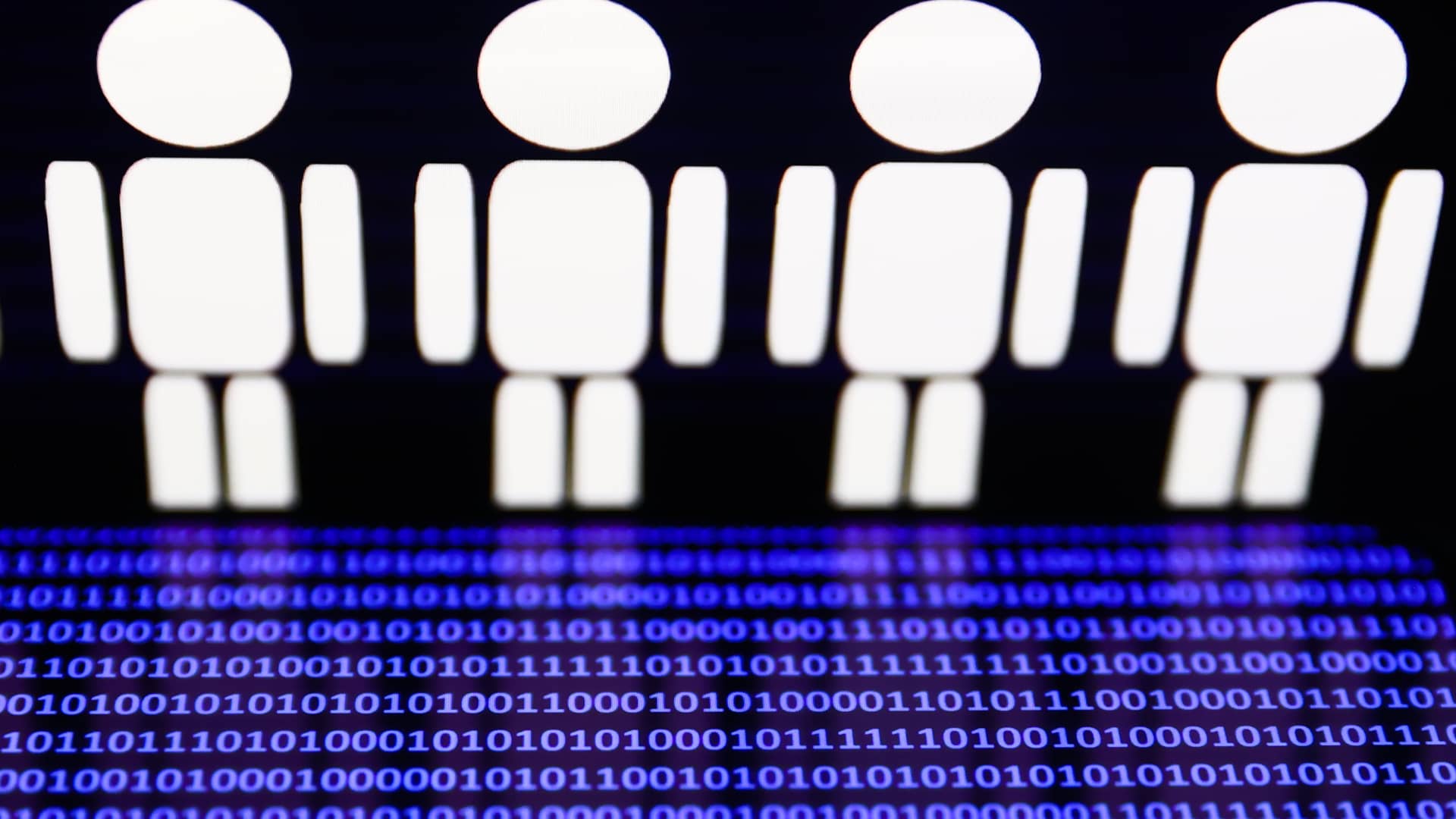Taylor Swift, a prominent figure in the pop music scene, finds herself embroiled in a contentious debate surrounding explicit, AI-generated visuals that have been circulating on various social media platforms.
Reports from The Verge indicate that one of these images garnered a staggering 45 million interactions before the responsible account was suspended.
The artificial imagery featuring Swift has been labeled as “abusive,” sparking concerns and discussions within the online community.
Sources close to the situation reveal that Taylor Swift is handling this violation discreetly and is contemplating potential legal measures against those accountable for disseminating these synthetic visuals without her consent.
While the decision on pursuing legal action remains pending, insiders affirm that these fabricated, AI-generated images are deemed intrusive, offensive, and manipulative, all without Taylor’s authorization or knowledge.
During a Kansas City Chiefs event where her partner Travis Kelce was participating, explicit and disturbing depictions of the “Love Story” singer surfaced in the form of unsettling “deepfake” creations.
Despite Taylor Swift’s silence on the matter, her loyal fan base, known affectionately as “Swifties,” have rallied on social media platforms to express their solidarity and condemn the misuse of AI technology.
The hashtag “Protect Taylor Swift” trended online as supporters passionately defended their beloved artist, emphasizing the importance of safeguarding her well-being.
Individuals sharing these AI-generated images faced backlash, with one individual succinctly capturing the sentiment, “Keep Taylor Swift safe at all costs.”
Some critics directed their ire towards those who shared the images, underscoring the necessity for stricter regulations to prevent similar incidents in the future.
The wave of scandals triggered by AI within the realm of influencers and celebrities is not an isolated occurrence.
Recent instances include algorithmically generated images of notable figures like Pope Francis and a fictitious portrayal of Donald Trump’s arrest, shedding light on the potential hazards associated with such technology.
Similar incidents involving celebrities such as Scarlett Johansson and Cardi B have prompted legal actions against the unauthorized utilization of AI-generated content.
Scarlett Johansson’s legal representative, Kevin Yorn, reiterated the gravity of these transgressions, asserting their commitment to pursuing all available legal avenues in response to such violations.
Despite public figures speaking out against these infringements, concerns persist regarding the urgent need for legislative safeguards against the misuse of AI technologies, as underscored by Taylor Swift’s predicament.
Navigating the complexities of safeguarding one’s reputation in the digital landscape proves to be a formidable challenge, as articulated by Scarlett Johansson.
The prospect of Taylor Swift pursuing legal recourse against the perpetrators and contributing to the ongoing battle against the darker facets of AI technology remains uncertain.




